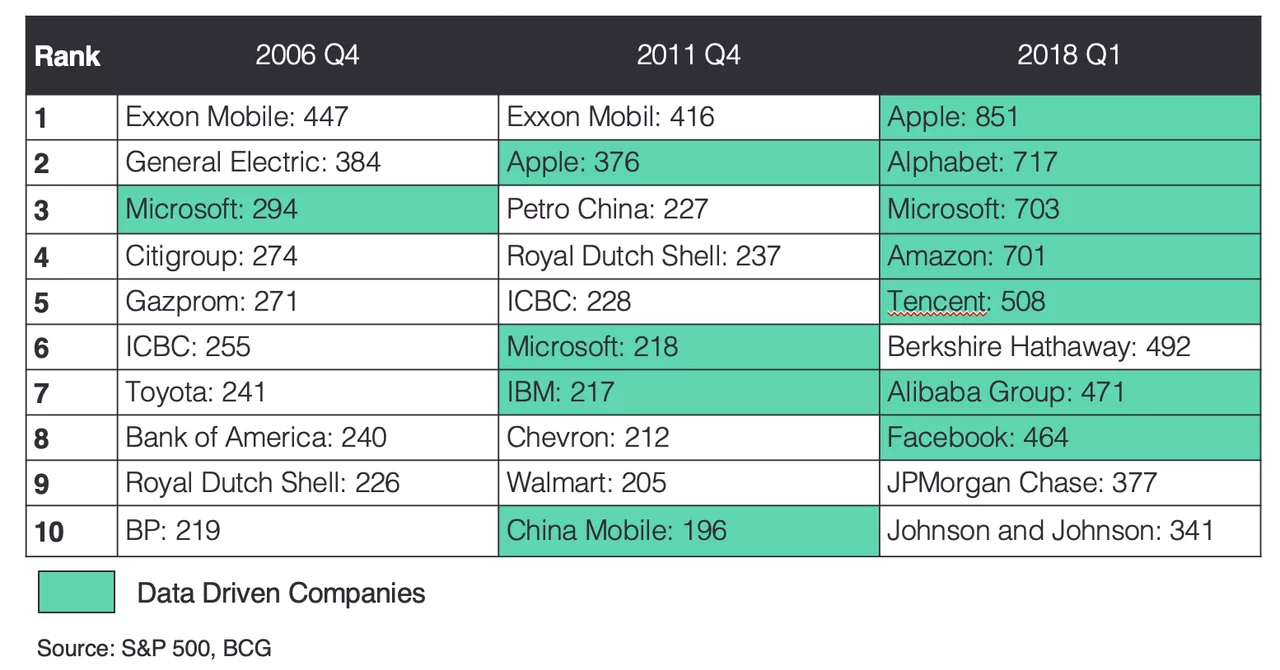Evolution is the process of natural selection that allowed random mutations to help humans become the dominant species on our planet. However, this evolution takes many forms with domestic dogs, cats, and even flowers becoming dominant because some trait that makes them appealing to humans and therefore they have reached dominance through human propagation. In life, it is the propagation of DNA that is the goal. As a native Brit I do love a cuppa, and recently had the opportunity to visit Sri Lanka to see how our love of the cuppa has transformed the high altitude landscape. The photograph for this piece was taken at the Uva Halpewatte Tea Factory.
But everything on our planet has its own “DNA”. My native English is the most spoken language on earth in no small part to the British Empire, but also because of its ability to adopt and integrate words from other languages or just create new words. The Sci-Fi series Firefly got it right with their spoken language being English + Spanish + Chinese but it was still called English, the language evolved. We even see it in political ideology and the collapse of communism in no small part because of its rigid controls and unwillingness to let natural forces have their natural influence.

This is true in business where the DNA delivers market success, return on investment and capital creation. Mutations in the business can create advantages that help a business distinguish itself from the pack and rise to dominance. In our increasingly complex ecosystems the relationships between businesses, products, people, and processes create the random mutations that can lead to dominance. In no small way the formal partnerships we forge, or the informal partnerships driven by customer requirements, are the mutations that can create the path of opportunity to excel. As in life, not all mutations create an advantage, or maybe just not enough of an advantage and therefore a business must carefully analyze and make multiple bets. The market is the true test.
But beyond the relationships, companies must look at the way they do business and the products they push to market. There is no question that the pace of innovation is accelerating, and few would have believed the humble telephone would in its almost 150 years go from helping companies grow, connect, and become global to more of a mobile computing device that disrupts age old businesses and has replaced the traditional camera. But that has been 150 years!
Let’s look at a more recent example and wind back to 2010. The Telco industry was printing money packaging and repackaging bundles of SMS messages which they were selling to consumers who were hungry for this communication mechanism. What could go wrong? Well, 3 years earlier Brian Acton and Jan Khoum left Yahoo to play ultimate frisbee in South America and on their return created WhatsApp, it was free, wasn’t particularly exciting or innovative and it was more to stop them getting bored while they looked for work, they’d applied to Facebook but had been rejected. 2014 and Facebook buys WhatsApp for $19B and almost everyone in the world thinks Mark Zuckerberg has lost the plot. By 2015 the total number of WhatsApp messages was twice the volume of all SMS and Text messages of all the mobile operators on the planet combined! You can imagine how those Telco SMS bundles were selling at this point.
The biggest threat to business is complacency, constraining the mutation in your business, denying your evolutionary opportunities. Amazon and Google are so dominant because they’re always looking for the next big thing. Amazon still sells books but being a top 3 Cloud Computing provider was hardly an obvious evolution back in 1994. Maybe the more insightful saw the threat to traditional book stores, but few would have guessed at the impact to all brick and mortar businesses in our towns and cities globally. This vision is why Amazon and Google have grown to dominate, yet the once great Telco’s are nothing more than commoditized infrastructure providers desperately looking for scraps to add value to their consumers.

The industrial space has been dominated by big equipment manufacturers, who have been selling cash cow maintenance and service contracts for decades. Data has been collected for decades yet 73% of it is unused and less than 1% is used for decision making. This data will change the way machines are sold, operated, and maintained, and although I have some ideas I’m sure there will be many surprises in the coming decade because all these businesses are competing and looking for their evolutionary advantage.
There are the upstart new businesses that are going after this space with gusto, agile, and innovative, most importantly open minded. Business models are changing. Element is one of those and we provide a unique piece of the puzzle that allows these other companies to focus on what they do best. They can innovate, mutate, and evolve. Element’s partnerships will help us to innovate and evolve, and we all benefit from the fight for evolutionary advantage, coopetition.
The status quo is no longer acceptable, even if it works, we can’t always see WhatsApp in our rear-view mirror because we’re blinded by the cash cow in front of the wind shield. Element looks at partnering with a singular focus on solving customer problems and eliminating the friction in solving them. Break down the barriers that allow for the evolution of Digital Transformation, I believe the companies that embrace this will be the winners, and those that don’t will be the future Telco’s desperately trying to figure out if they’re still even relevant.
If you’d like to be part of this evolution, or if you’d like to explore this subject more, then please contact me directly or through Element. The beauty is that everything we do today needs to evolve, so we’re looking for the mutations that will help the ecosystem evolve too.